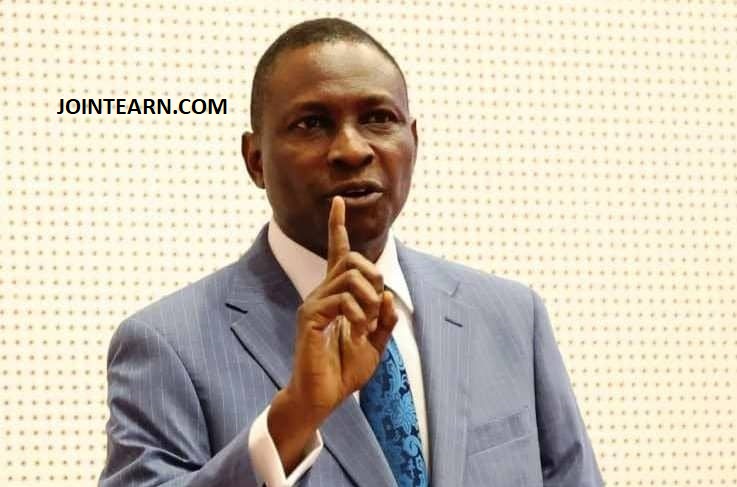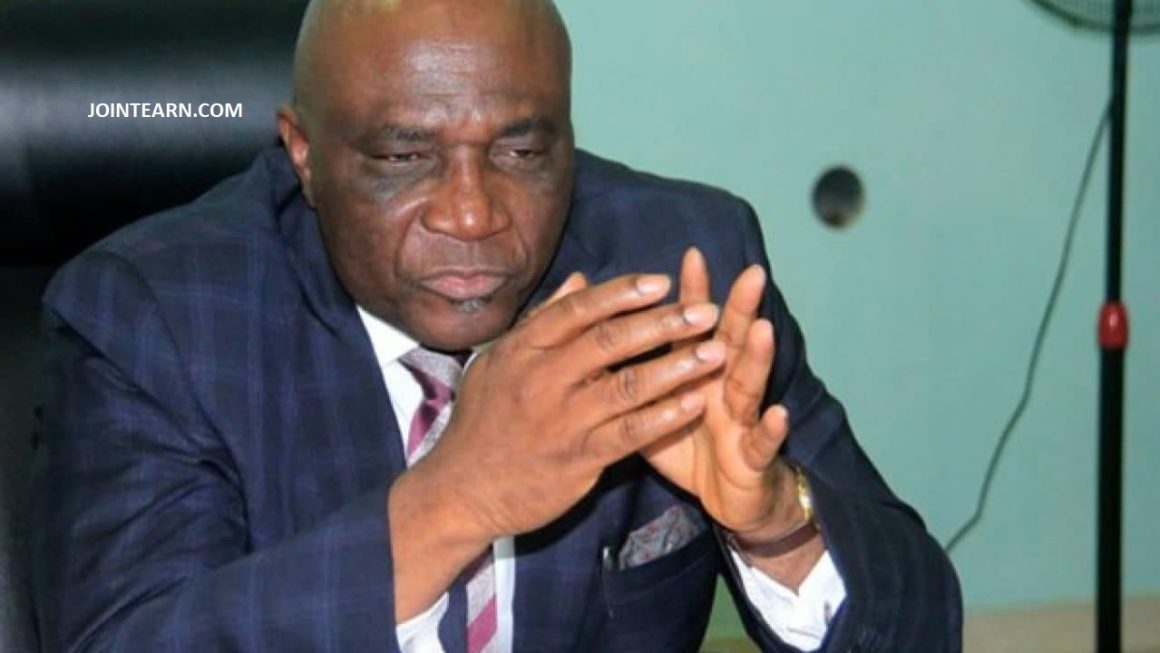In a major development with potential international implications, multiple United States federal agencies—including the Federal Bureau of Investigation (FBI), Central Intelligence Agency (CIA), and Drug Enforcement Administration (DEA)—have agreed to release documents related to investigations involving Nigerian President Bola Ahmed Tinubu. This decision follows months of legal petitions and growing demands for transparency from the public and media outlets both within Nigeria and abroad.
Release Date Confirmed
According to official court filings and statements from transparency advocacy groups, the U.S. agencies are scheduled to begin releasing the documents on May 31, 2025. The release will occur in batches and is expected to span several weeks or months depending on the volume of the documents and the classification status of their contents. The agencies involved are complying under the Freedom of Information Act (FOIA), which allows individuals and organizations to request access to previously undisclosed federal records.
This marks the first time that such a coordinated release of documents pertaining to a sitting Nigerian head of state has been undertaken by multiple U.S. intelligence and law enforcement bodies.
Background of the Investigation
While the specifics of the documents remain sealed until the scheduled release date, it is widely known that Bola Tinubu has been linked in past media reports and public records to U.S. investigations dating back to the 1990s. Much of the controversy stems from his alleged involvement in a drug-related case in Chicago, where U.S. authorities once froze substantial assets linked to him. Though Tinubu has consistently denied any wrongdoing, the case has remained a focal point for critics who question the transparency and legitimacy of his financial dealings prior to entering public office.
In 1993, Tinubu reportedly reached a settlement with U.S. authorities, forfeiting $460,000 as part of a civil case involving suspected proceeds from narcotics trafficking. The case did not result in a criminal conviction, but questions about the nature of the forfeiture and Tinubu’s financial history have persisted for decades.
Why the Sudden Movement Now?
The renewed interest and legal pressure for document release surged after Tinubu’s election and subsequent inauguration as President of Nigeria in 2023. Advocacy groups, including the U.S.-based non-profit group “Open Source Investigation Project,” filed several FOIA requests to extract records from the FBI, DEA, CIA, and other agencies. These efforts gained traction when a U.S. district court ruled that certain records were no longer considered sensitive or classified, paving the way for public disclosure.
Legal experts note that while the agencies were initially reluctant to act, a combination of legal deadlines, media attention, and policy changes under the Biden administration may have accelerated the process.
Scope of the Expected Documents
The agencies have not revealed how many pages of documentation will be released, but sources familiar with the FOIA requests suggest that they include:
-
Internal FBI memoranda and investigative summaries
-
DEA case files and asset forfeiture reports
-
CIA intelligence assessments relating to foreign political figures
-
Treasury Department documents related to financial transactions and money laundering controls
-
Correspondence between U.S. and Nigerian officials
It remains unclear whether the documents will include classified information or heavily redacted sections. However, U.S. law requires that even classified documents be reviewed periodically for declassification, particularly when related to public interest or historical context.
Political Reactions in Nigeria
News of the impending release has sent ripples through Nigeria’s political landscape. Supporters of the president have dismissed the development as a “rehashing of old issues” and a politically motivated attempt to undermine the current administration. Presidential spokespersons have urged the public to remain calm and wait for the actual content of the documents before drawing conclusions.
Opposition figures, however, see the release as an opportunity to revisit long-standing allegations against Tinubu. Some have called for a parliamentary inquiry into his past, while others suggest that the revelations could form the basis for legal or constitutional challenges.
One leading opposition senator said, “This is not just about one man. This is about the integrity of Nigeria’s highest office. The Nigerian people deserve to know the truth.”
International Implications
Diplomatic observers are watching closely to see how the Nigerian government will respond once the documents are made public. There are concerns that the release could strain Nigeria-U.S. relations, especially if the materials contain sensitive or embarrassing details. However, officials from the U.S. State Department have reiterated that the release of such documents is part of a legal and procedural process independent of diplomatic relations.
Additionally, Nigeria’s anti-corruption agencies and judiciary may face pressure to act depending on the content of the revelations. Civil society groups have already begun calling for independent Nigerian investigations to accompany the U.S. disclosures.
What Happens Next?
As the May 31 release date approaches, both local and international media outlets are preparing to analyze the documents in real time. Legal analysts, investigative journalists, and political commentators are expected to pore over the files for evidence that could reshape perceptions of Tinubu’s past—and possibly his future in office.
For now, the public waits with anticipation. One thing is certain: May 31 will be a pivotal date in the political and historical narrative of modern Nigeria.












